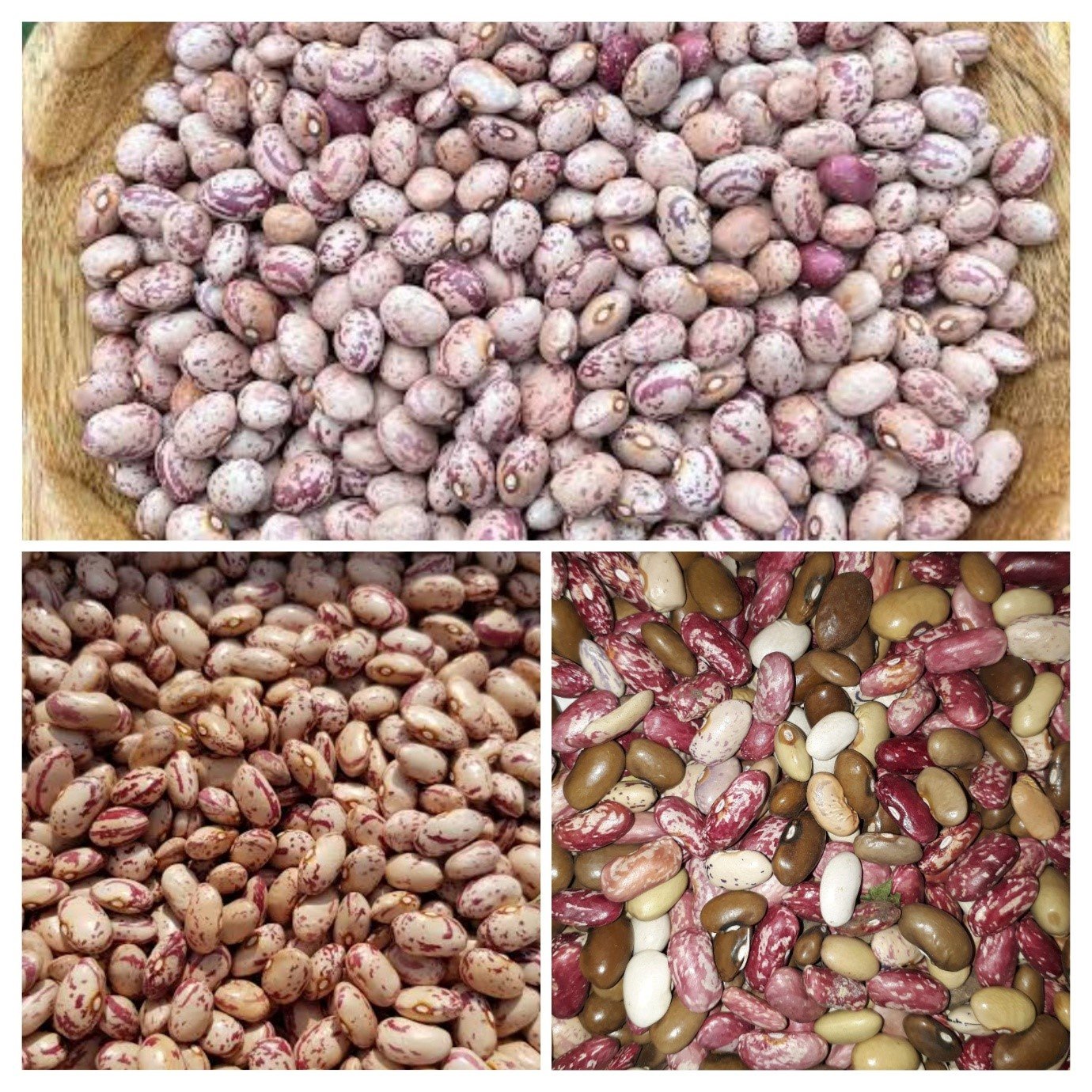Kholar, the local varieties of kidney beans, come from a time predating written records, rooted deep in the folklore and traditions of the Yimkhiung Naga community and famous in the eastern Nagaland areas.
According to Yimkhiung folklore, an ancestor named Khomong discovered the bean seeds in the wild, leading to its name. The bean holds immense cultural significance for the community, and is particularly grown extensively in Shamator – Chessore, Tuensang district and Pungro sub division of Kiphire district. Over generations, kholar has been a main source of sustenance and livelihood for many families, and also a dietary staple for countless generation.
In a conversation with Nagaland Tribune, Doki Allen, pastor of Chessore village under Shamator district says kholar means even if we take, it remains still in the pot. Menitioning the health benefits of the bean, he said kholar improves digestive health, helps in blood sugar control and boosts the immune system due to its rich content of fiber, protein and essential minerals like iron and zinc. “They also contribute to bone and heart health and help in weight management,” pastor Allen said.

He further shared, “the three types and names of kholar given by our forefather are Muyim, Loimi and Zutchali. As kholar is the main curry for our Yimkhiung community and source of income, kholar is grown widely in eastern areas as the land is productive and suitable to grow the beans.”
Allen also pointed out that he has witnessed at Chessore village locals, who, by cultivating kholar generates a steady source of income and livelihood, tremendously changing lives as they are able to sell the produce in the market. In return, they are able to build their houses, support their children and live comfortable lives through “kholar business”.

“We follow the old methods of farming called as crop cycle of jhum cultivation– kholar bean is sown at the month of August, the crop is typically harvested between November and January,” pastor Allen said.
Kholar beans has become so popular especially for the Yimkhiung community that it is used as a special gifting item to others. The community relies on kholar curry throughout the year. It continues to hold great cultural significance for the locals.


